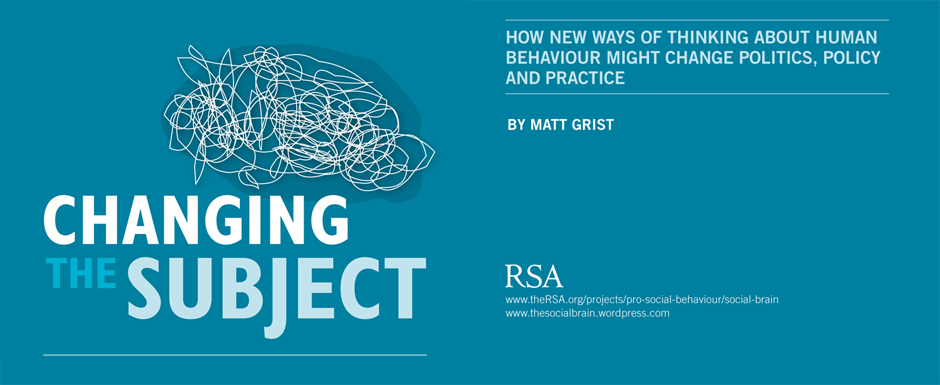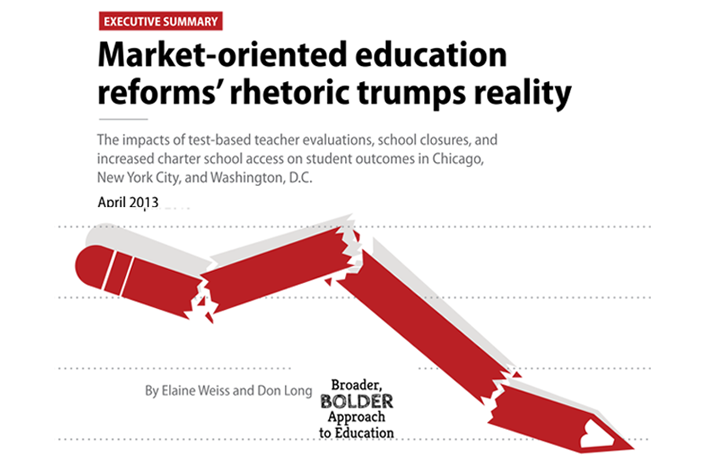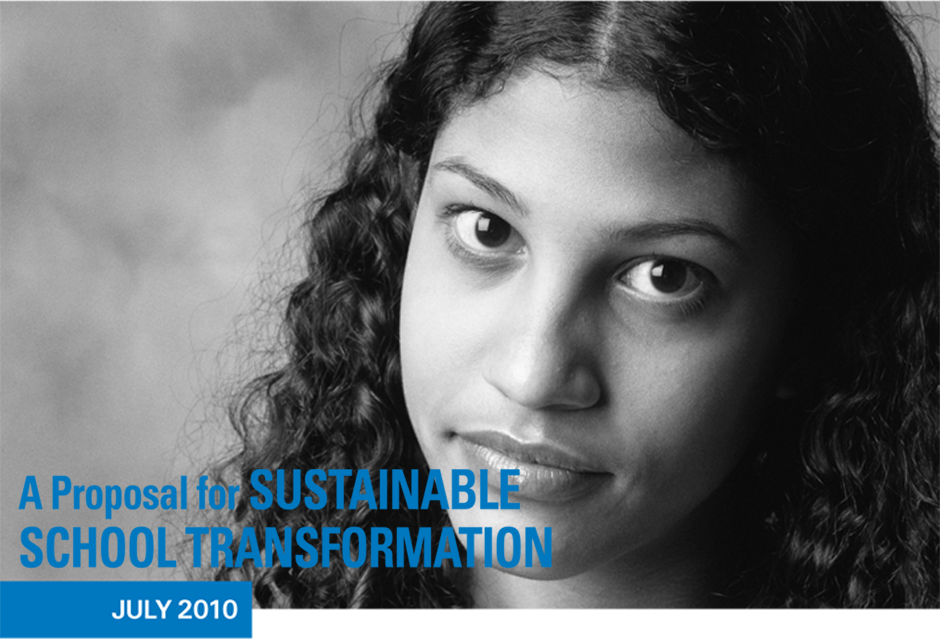Project Description
Originally Published at The RSA (Royal Society for the encouragement of Arts. November 28, 2009
How new ways of thinking about human behaviour might change politics, policy and practice
This report argues that through this consumerist consensus we have given ourselves a world of ever-extending choice, yet undermined our ability to choose well. This has yielded substantial ‘inequality of autonomy’ and withered social responsibilities.
First, the capacity to be autonomous (to successfully run one’s own life) depends upon building up abilities like self-control through practice and social support. If this does not occur an individual will find it hard to make informed choices and thrive in the modern world. So in order to encourage the autonomy that is so essential for well-being as well as life chances, we need strong social institutions such as families, schools, and community groups. It seems fair to say that, due to the consumerist consensus, in contemporary Britain these institutions are not strong enough. Inequality of autonomy is the result.
Second, individual choices add up to shared problems. For example, our collective choices on energy-use produce climate change; or alternatively, our collective choices about the way we work, shop and spend our leisure time affect the shape and strength of our local communities. To take responsibility for our choices we need social institutions through which we can have some collective effect, and can negotiate with one another over priorities and solutions. These institutions might be associative groups like the Women’s Institute or more formal institutions like local government. Whatever shape they take, the consumerist consensus, due to its focus on individual choice-makers, does nothing to encourage such institutions. Withered social responsibility is the result.
For these reasons, a nascent agreement is developing in contemporary British politics: that we must reject the consumerist orthodoxy and reinvigorate the social institutions that sustain us as autonomous and responsible citizens. This report argues for this view from a different angle: the fact that human beings possess ‘social brains’.
This does not merely imply that our brains are susceptible to subtle social influences (meaning that our behaviour can be guided by changes in the ways choices are presented, which is the remit of ‘nudge’), but more fundamentally, that the development of autonomy and responsibility requires practical engagement in structured activities with others and strong social support. Traditional social institutions often provided both of the latter, and this report contends that the focus of social policy in the twenty-first century needs to be on adapting and expanding such institutions, or their analogues.
Download report: Changing the Subject by Matt Grist (PDF, 614KB)










